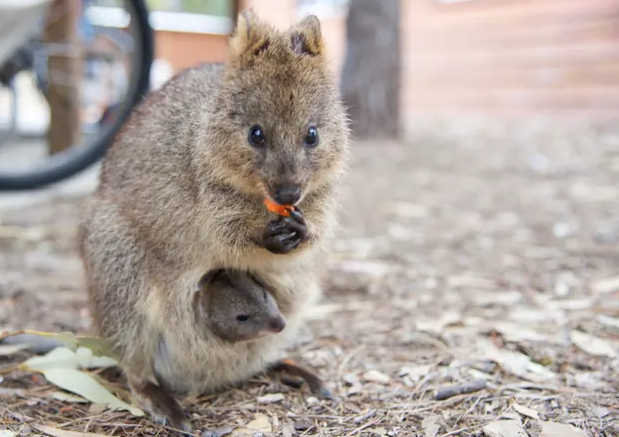CATASTROPHE: The ignorance to scientific fact, environmental concerns and early warning signs has led to one of the worst fires in history.
By Andrin Bar, Staff Writer
Fires are something that the world has become painfully used to. Areas like California in America and the Amazon rainforest have burnt throughout 2019. Yet no fire has ever been as destructive and devastating as the fire that is now raging down under, on the continent of Australia.
According to the Associated Press, as of January 7, 2020 the bushfires in Australia have already burnt 12 million acres, the equivalent of nearly 91 million football fields worth of surface area, or the area of New Hampshire and Vermont combined. For context, the fires in California back in 2018, considered to be the worst in its history, only burnt less than 2 million acres. The fire has killed an estimated 480 million animals, many of which are only found on Australian soil, but many more will die as their food sources have now been either limited or destroyed. In terms of humans, 24 have been confirmed dead, and there are reports of at least 10 dead firefighters, and numerous individuals still remain unaccounted for. The situation in Australia is so bad that a mass, military level evacuation is taking place, and fire fighters from other parts of the world are being shipped to Australia to aid in the fight against these fires. Even Australian business has suffered, as Australia relies mostly on its tourism business, but no one wants to see a burnt rock. The smoke produced in Australia is so bad it even chokes nearby New Zealand residents. But what is worse is the 306 million tons of Carbon Dioxide that has been released into the atmosphere. Over these eight days, more emissions have been produced than half of the total emissions produced by Australia in 2019. But with all this devastation, the big question is asked; Could this have been prevented?
Australia is no stranger to fires. In fact, fires occur in Australia year round, with the worst time being June one year to May the next. But fire conditions and the frequency at which fires occurred have gotten worse. Scientists conducting research all have come to the same conclusion, that more needs to be done to prevent fires in Australia from getting as bad as this one. And indeed, Australia did act to prevent bad fires, with controlled burnings taking place to burn away any possible fuel for future fires, and terraining and tree thinning taking place to make sure forests could survive. But alas, it was not enough. The biggest issue was competition with climate change. With temperatures on the rise, the already dry continent of Australia was getting even drier, and this meant that more dead material was being collected for fuel in the forests of Eastern Australia. The controlled burnings were not enough to prevent this fuel from building up. Australia knew this, but did not act enough. Goals were set, but not completed, and so, to the unfortunate surprise of nobody, the fuel continued to build and build until it finally lit.
The world should look to Australia as a chilling example of what we need to prevent. This is not the last we have heard of the Australian bushfires, in fact Australia will take decades to fully recover, and the smoke and CO2 that have been released are even bringing into question whether we could be bringing about a “mini-ice age,” as the smoke has begun to block sunlight. While it is easy to say that Australia should have done more to prevent fires, the blame should not be left to Australia alone. The effect of this fire is global, be it directly through smoke or indirectly through the impact it has had on the Earths climate. It is time that not just Australia, but the whole world rethinks our plans to combat this change. We must all rethink our policy on climate change. If we don’t, Australia will not be the only country to suffer from this devastation.

